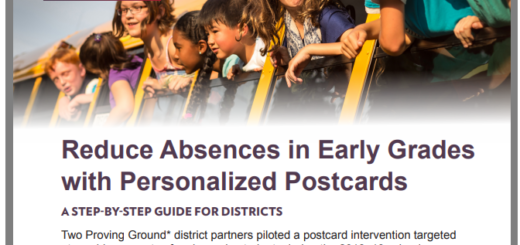Partnering with Families for Health Education

Schools can share this guidance with families from the American Academy of Pediatrics about the importance of their role in supporting their child’s health education, in partnership with their child’s school. The content is geared towards families of children aged 5-12.
“Health education programs are most effective if parents are involved. Parents can complement and reinforce what children are learning in school during conversations and activities at home. The schools can provide basic information about implementing healthy decisions—for instance, how and why to say no to alcohol use. But you should be a co-educator, particularly in those areas where family values are especially important—for example, sexuality, AIDS prevention, and tobacco, alcohol, and other drug use.
Many parents feel ill-equipped to talk to their child about puberty, reproduction, sex, and sexually transmitted diseases. But you need to recognize just how important your role is. With sexual topics—as well as with many other areas of health—you can build on the general information taught at school and, in a dialogue with your youngster, put it into a moral context. Remember, you are the expert on your child, your family, and your family’s values.”



